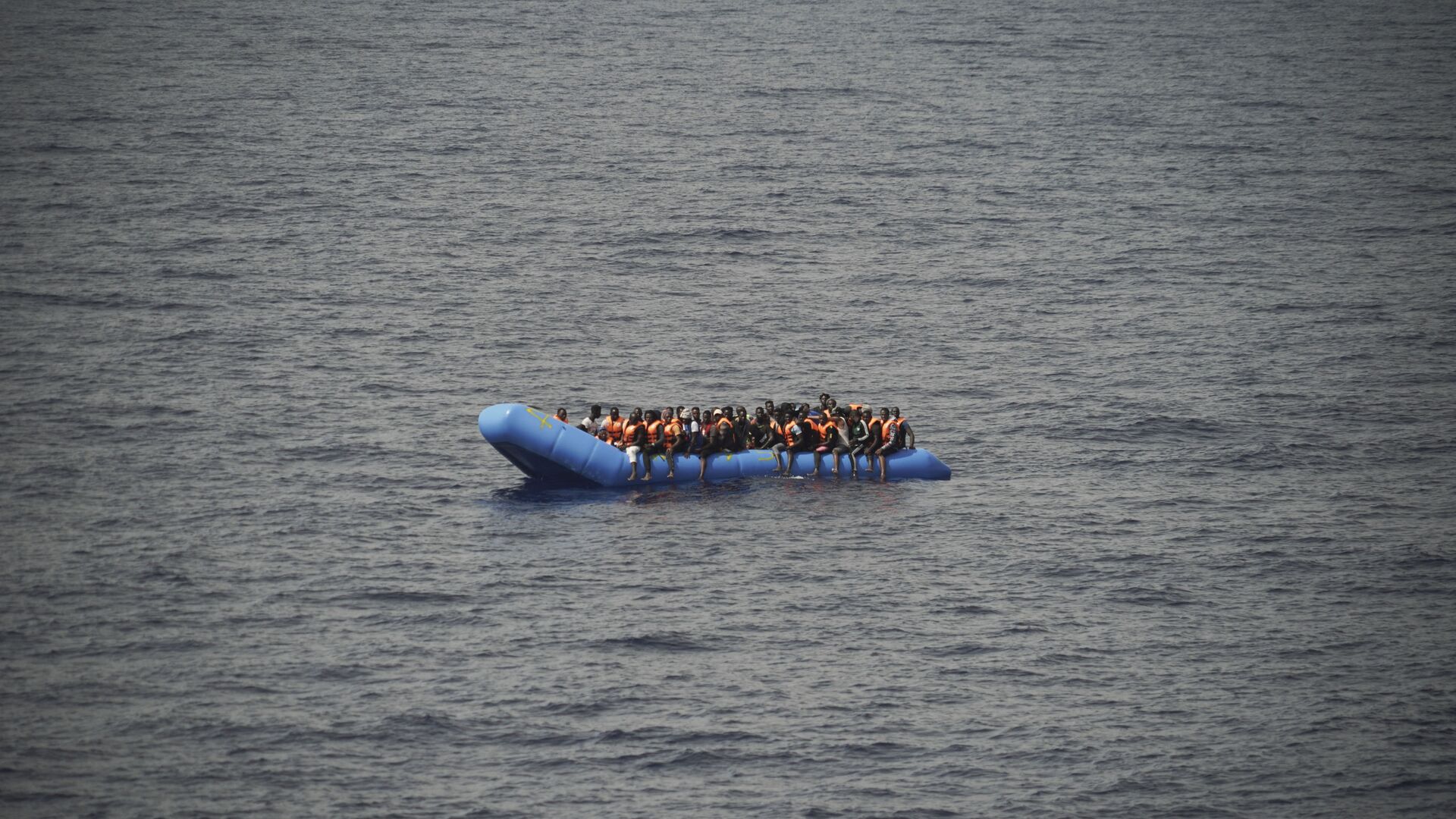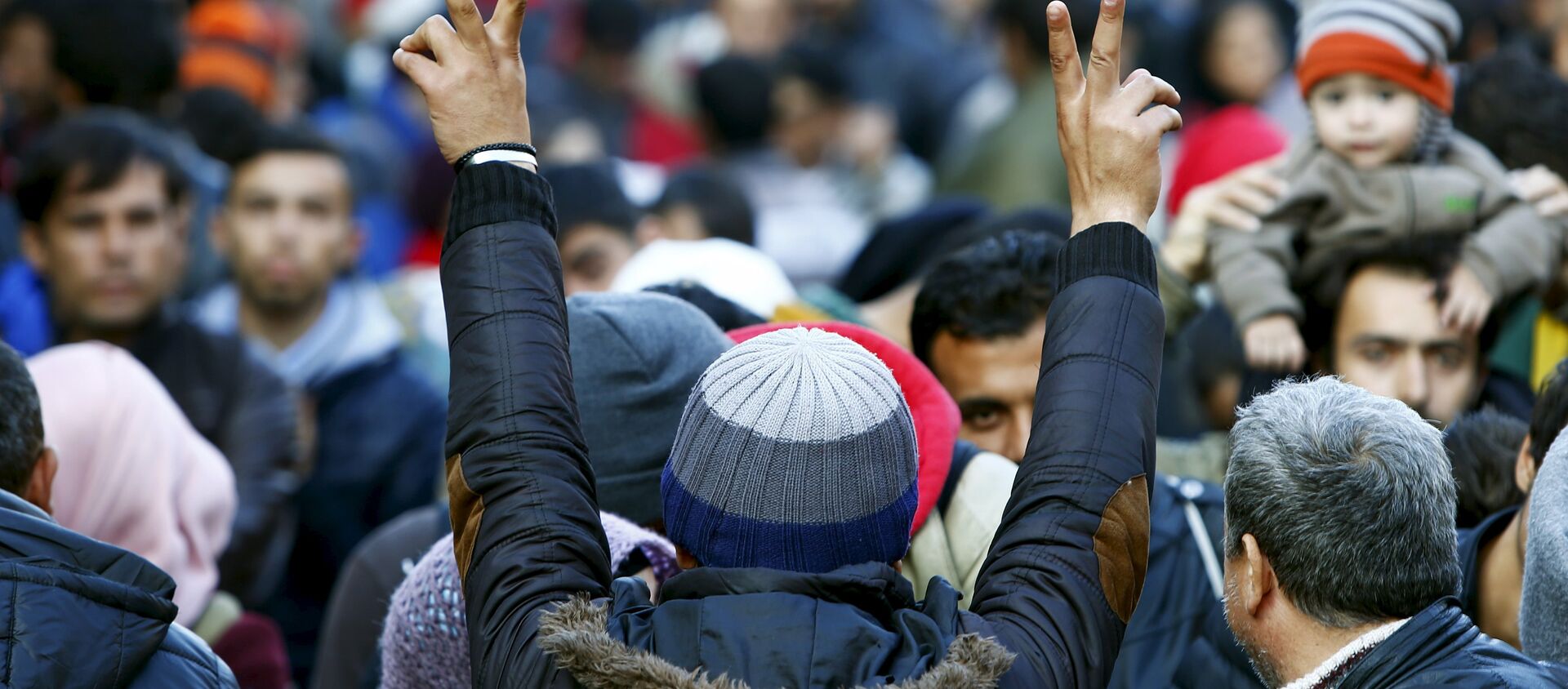The polarising proposal to “outsource” the asylum process to countries in Africa, hammered out by Danish parliament, has been given the thumbs up by several Swedish parties, despite criticism from the United Nations, the European Union and numerous human rights organisations.
“It is a very welcome proposal”, national-conservative Sweden Democrats leader Jimmie Åkesson told the newspaper Aftonbladet.
The Sweden Democrats have for some time advocated a so-called zero vision for asylum immigration, and the party sees therefore the Danish decision as a way for the country to make this possible.
Jimmie Åkesson wants Sweden to “take a similar course” as Denmark, whose decision, voted for by a large a majority, means that Copenhagen may conclude an agreement on asylum camps on foreign soil and completely phase out its asylum reception at home.
“Hopefully [Swedish Prime Minister] Stefan Löfven can learn something from the Danish Social Democrats when it comes to a responsible immigration policy, even if it is too much to hope for,” Jimmie Åkesson said, emphasising the fact that the proposal was originally developed by the Social Democrats' sister party in Denmark.
Åkesson contended that people in need of protection should get it first hand in the immediate area and the first safe country, “not in countries that are hundreds of miles away from conflict zones”. “The Danish proposal would also counteract the dangerous migration routes across the Mediterranean that kill many lives every year,” the Sweden Democrat leader argued.
“In order to enable the integration of those granted protection, asylum-related immigration must be very low for a long time to come. Likewise, the current asylum system doesn't benefit the people who are in most need of protection. Instead, it is human traffickers and people who can afford it and have the opportunity to get to the EU who benefit the most from it,” Stenergard said.
Stenergard emphasised, however, that there are practical problems that hamper the implementation of the Danish proposal in Sweden. First, Sweden lacks Denmark's EU exemption clause, which allows the country greater command of its immigration policies. Second, no African country has said it is willing to have such arrangements, Stenergard explained.
According to Stenergard, the Moderates advocate that the current system be replaced by a common EU quota refugee system with initial procedures performed outside of Europe's borders. This, according to the Moderates, will only grant residence permits and safe routes into the EU to people in need of protection.
However, Social Democrat Immigration Minister Morgan Johansson ruled out the idea of mimicking the Danish proposal as unrealistic.
“The proposal appears unrealistic and is contrary to EU law in the area of asylum, which Sweden is bound by. Our position is that rich Western countries must be prepared to take responsibility for refugees,” Johansson said.
Sweden and Denmark have in recent years had rather contrasting approaches to immigration. Whereas consecutive Danish governments have been tightening the screws, stifling immigration and beefing up legislation, Sweden has maintained the highest intake levels in entire Scandinavia, often citing humanitarian duties and commitment.



